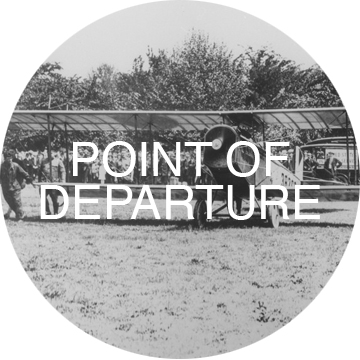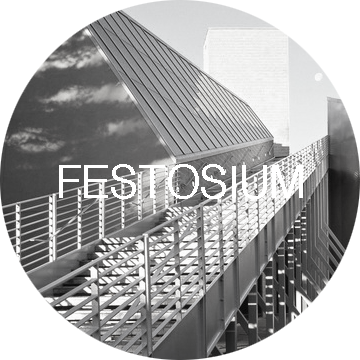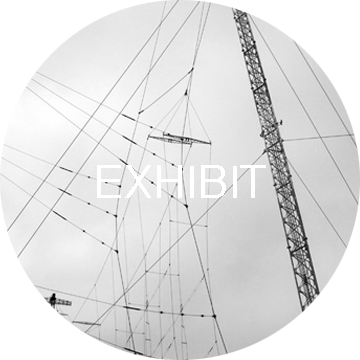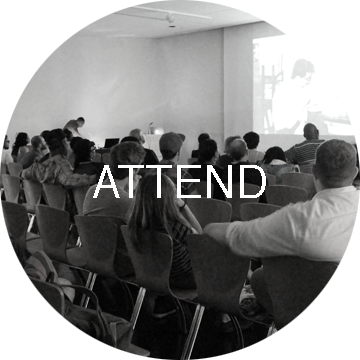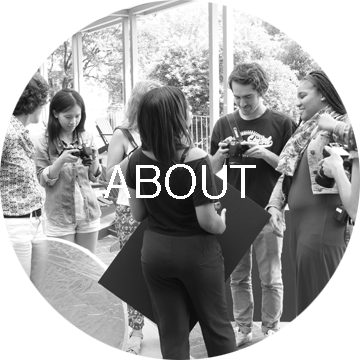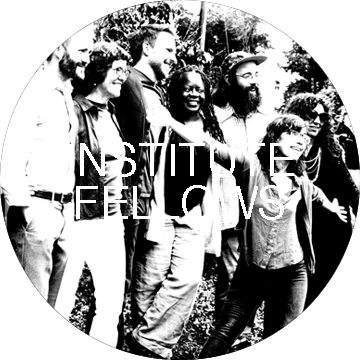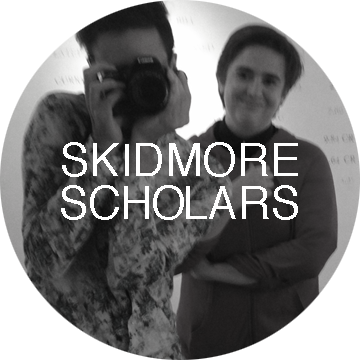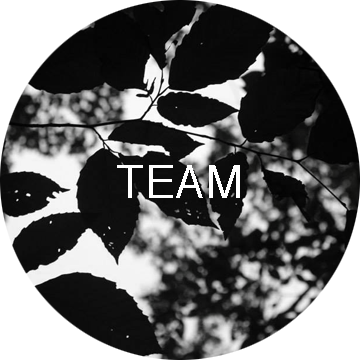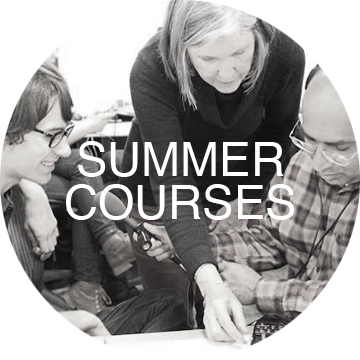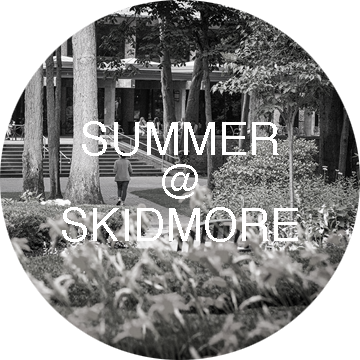Below is the information for the 2016 Storytellers' Institute. Mark your calendar for the 2017 Festosium weekend full of free documentary events open to the public June 8–11, 2017.
Storytellers' Institute 2016
Walking the Line: Fact and Fiction
May 31–July 1, 2016
The term 'speculative documentary' was an invention of mine to try and specify a particular subcategory of the essay which performed the idea that: 'what we're dealing with here is a work of the imagination'. At the same time, of course, in a sense all documentary is 'a work of the imagination."John Hughes, 2003
This June, the MDOCS' Storytellers' Institute explores the theme of "fact and fiction." Documentary works are evidence-based stories, working with facts to render, reveal and represent truth(s) to inform and at times to inspire action. Despite relying on real people, depicting real places and presenting real events, documentaries engage by interpreting and representing reality (Lamarre 2009).
In the words of John Grierson (1926) (considered the father of the term "documentary"), a documentary film is a "creative treatment of actuality." Tools in a documentarian's kit are many, and many that shape reaction and response are not that different than those deployed for fictional works "based on a true story" (Zero Dark Thirty): reenactment, sound and visual effects, editing, reordering, narration.
Increasingly "hybrid" documentary works approach and may even cross the boundaries of fact and fiction, mixing evidence and challenging the public to think about the line between documentary and so-called "creative" work. At the other end of the spectrum are the narrative works "based on" a true story—Walk the Line and Our Brand is Crisis—adapting existing documentary features into dramatic work.
In 2010, New York Times film critic AO Scott asked, "How real is a documentary: Observing that reality is everywhere you look, taking dizzyingly protean forms." Participants and attendees in this summer's Institute will discuss, "What is the line?" Does it start at reenactments of crime scenes (Thin Blue Line, 1988 or 18 c Parisian Sound networks, what director Allie Light calls "emotional equivalents"), archival videos and images used symbolically or sound creation? Reenactment presented as unscripted activity (Nanook of the North, 1922) or as archival footage (Stories We Tell, 2012)? A story "found in the editing room" by reorganizing order or selectively revealing a "character" among many? Documentarians of all kinds regularly break the "rules," but at what point is re-representation a step too far?
All documentary works are, in the end, stories shaped by their authors to sway an audience. The Summer 2016 Storytellers' Institute fellows are working in the borderlands of fact and fiction, grappling with the question of truth in storytelling, to join us for five weeks of creative work and interrogation.
This year's four institute fellows and 10 Skidmore scholars span a wide range of documentary practices, experimenting with video, audio, exhibition, archiving and multimedia.
The institute fellows come to Skidmore from three U.S. states (Pennsylvania, New York and North Carolina) and a Canadian province (New Brunswick), bringing skills and tools from their work at collegiate institutions, art centers and independent radio stations. Their projects span from revealing a family's untold oral history and discovery of long-hidden secrets in an African diaspora's lost past to a film exploring parallels between two seemingly disparate cultural struggles for survival to a multimedia book, exhibit and interactive recreation that searches for the unmarred facts of the events leading up to the night Treyvon Martin was killed and to a project exploring the end of Canadian shortwave radio as told by mysteriously "talking" household appliances in a series of films and multimedia exhibits. These documentary artists will all challenge the moral questions behind telling a research-based, fact-driven story when removing one's past experience, perspective and individual lens is seemingly impossible. Can a story's "truth" be more deeply understood when the line between fact and fiction is blurred? May we be left forever skeptical of the source from which we gain our information and determine what we believe to be "true?"
In addition, 10 Skidmore scholars (eight students and two faculty) will work on independent documentary projects spanning diverse topics from the deeper understanding gained through intersectional study of the civil rights movement and addressing racial tension in an intergroup relations class to intimate stories of loss of virginity and a film that aims to bring to life the voice of a lost mother, to developing an environmental podcast into educational tool, to name a few.
If history were taught in the form of stories, it would never be forgotten."Rudyard Kipling, Collected Works
Banner photo taken from a scene in Sarah Polley's Stories We Tell (2012)

